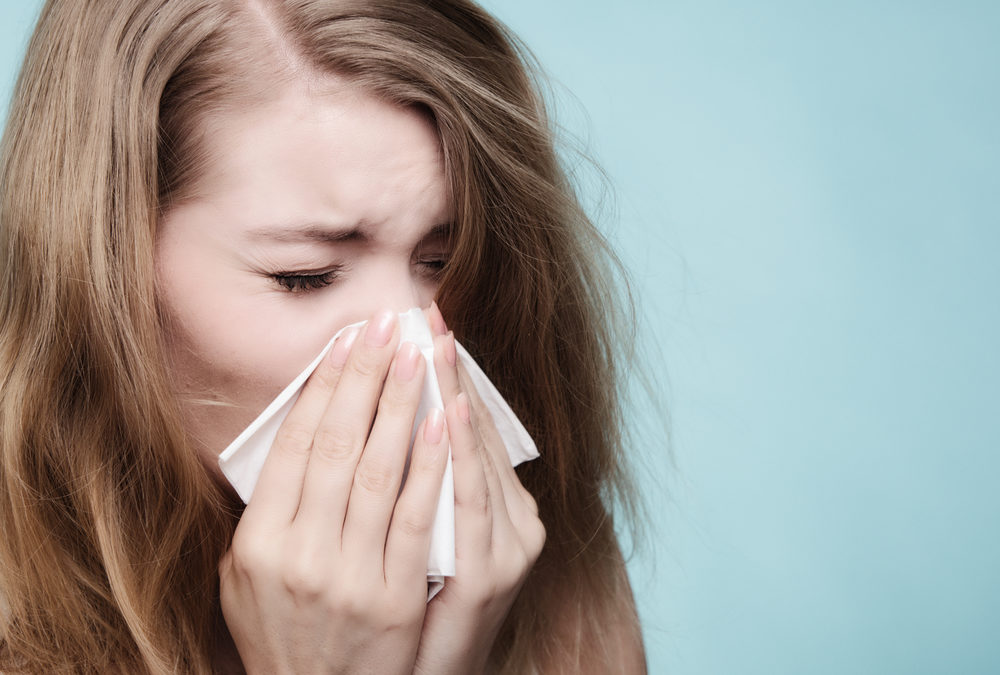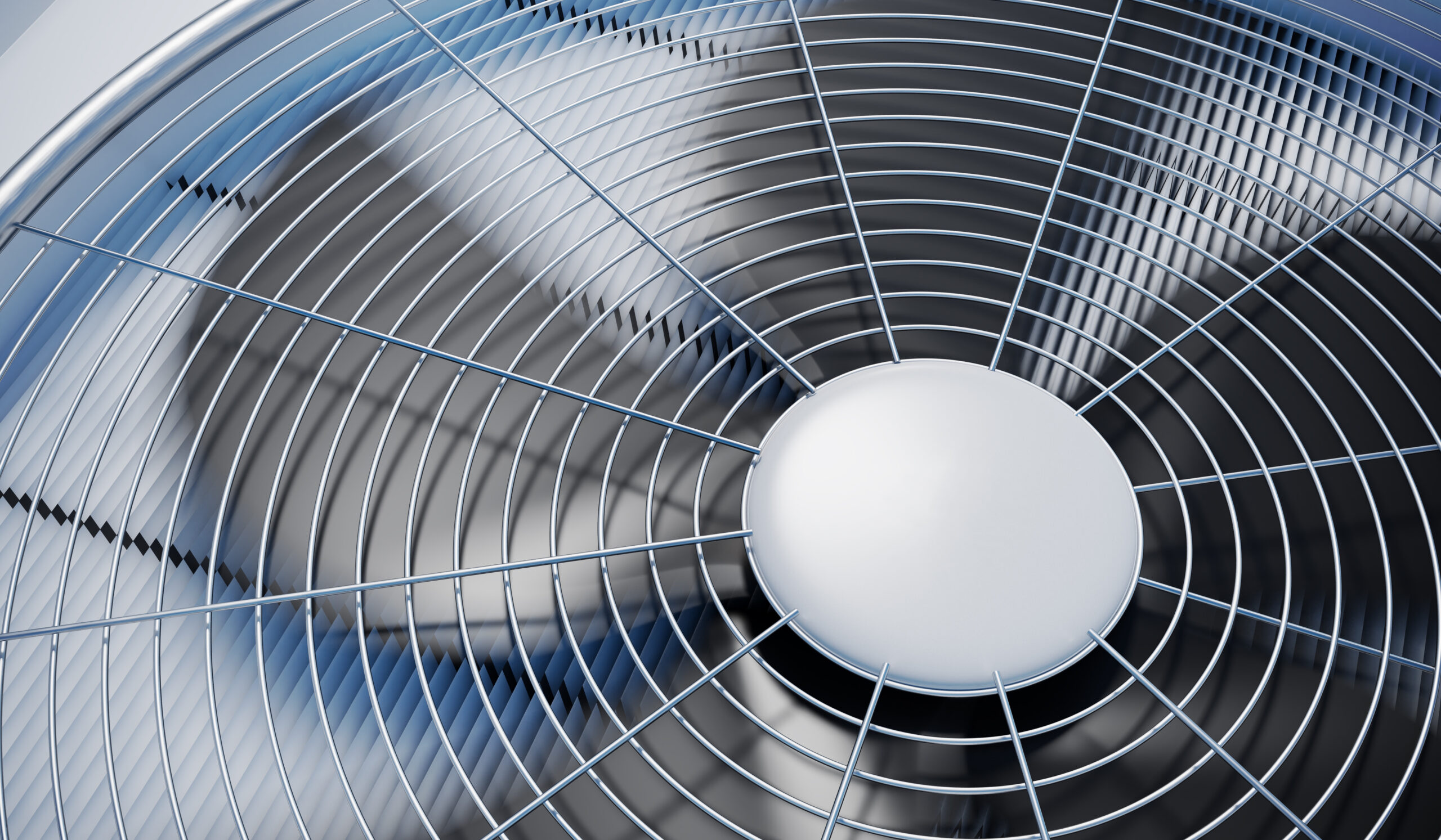5 Ways Your HVAC System Affects Your Allergies

Expertly Curious
Allergens can pose significant health risks, especially if you have family members with sensitive lungs. Understanding how your HVAC system can affect your allergies is important for ensuring your family’s health and comfort. Here are five ways your HVAC system can affect your allergies.
Airborne Allergens
Unfortunately, many allergens are airborne and are able to travel from outside your home to inside very easily. Pet dander, pollen, and dust are three of the most common allergens and all are small enough to move on air currents easily. HVAC systems are designed to move air through your home, and this means that it can also become a travel conduit for allergens. If you only selectively clean your home, your HVAC system can transport the leftover irritants throughout your home, proving the necessity of house-wide versus selective cleaning.
In addition, it’s important to keep pollinating plants away from the outside unit of your HVAC system. While the system does a good job removing irritants from the air, a massive influx of particles can reduce the efficacy of the system. Trim back trees and bushes from the exterior unit to limit the amount of pollen surrounding the intake.
Allergen Accumulation
Another way that allergens can enter your home is via buildup in your ductwork. Poorly sealed ducts allow in allergy triggers like dust, insulation, and plant debris. These substances can accumulate inside your ducts and circulate through your house via the airflow. Good duct sealing is imperative to keeping unwanted pollutants from your home. Plus, if they build up enough, they can affect the circulation in your home and dramatically reduce your overall indoor air quality.
Allergen Filtration
One of the main functions of your climate control system is filtration. Your HVAC unit uses filters to remove most unwanted debris from your home’s air to prevent circulating it through your home and therefore reduce your home’s indoor air quality. These filters are often located inside the house. You should change them out regularly, every one to three months or so. If you have family members with sensitive lungs, it may be useful to change them out more regularly to help ensure their efficacy. If you let the filters accumulate dust for too long, their ability to clean your air can be diminished the more clogged they become.
When looking for filters, it’s important to look at their MERV or MPR rating. This tells you how efficient the filters are at removing fine particles from your air. The higher the number, the better the filter is at catching the debris. However, some systems can’t handle super-fine filters so be sure to consult your user manual before purchasing.
Ventilation
Another great function your HVAC system performs is ventilation. While you may have separate ventilation systems for rooms that experience a lot of moisture, such as your kitchen or bathroom, your HVAC system itself can be useful for ventilation. Household items like paint and cleaning products can trigger allergy symptoms. The circulation provided by your HVAC system can lessen the accumulation of these irritants, therefore reducing their overall effect on your family.
It’s still important to use caustic or allergy-causing substances in open spaces or outside if possible. While your HVAC system can help, it can’t guarantee complete removal of the substances from the air.
Prevention
HVAC systems, if properly maintained, can prevent the spread of allergens in your home. In order for the system to work its best, it needs to be working smoothly. One of the best ways to keep your HVAC system working its best is to have regular maintenance performed. HVAC technicians will assess your unit and make sure it’s running up to par as well as pinpoint any potential issues. By finding these problems and fixing them before they become mechanical failures, you can not only avoid some hefty costs but also improve your home’s indoor air quality.
Your HVAC system has a big role in the allergen levels in your home. If you’re concerned about allergies in your home, the experts at Willard Cooling, Heating, Plumbing, & Electrical may be able to help. Give us a call at 972-564-9785 to set up an appointment today!
Image provided by Shutterstock
Request Service
Ready to experience top-notch service? Fill out the contact form to request service.
Request Service


Industry-Leading Service & Guarantees
Your comfort & satisfaction is our top priority. Take advantage of our unbeatable guarantees, including:
- Multiple locations across the DFW Metroplex to better serve customers
- Trained & certified technicians
- Emergency repairs seven days a week
- Two-year warranty guarantee on all repairs




